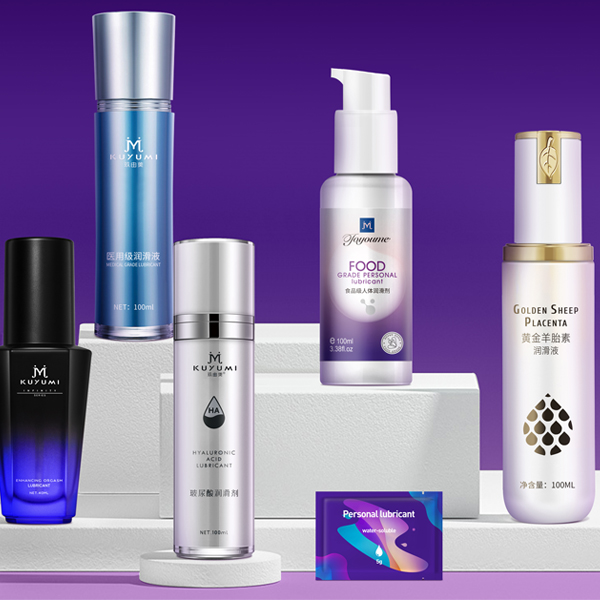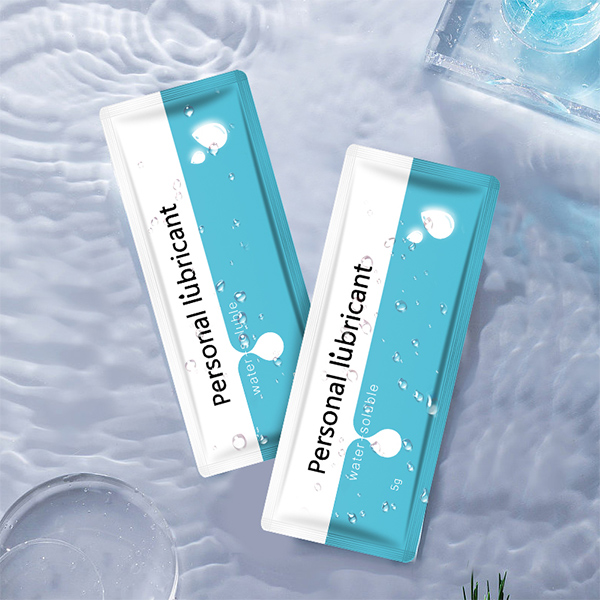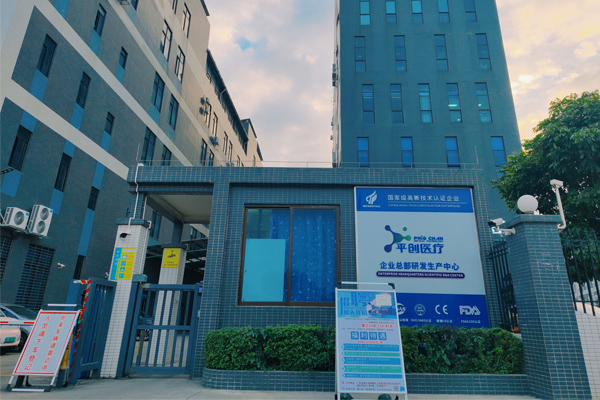As globalization surges, taking personal lubricant products to international markets has become an important way for many brands to expand their business. However, foreign trade customization is not a smooth path; issues involving regulations, standards, cultural differences, etc., often catch enterprises new to this field off guard. To successfully "go global," a detailed "pitfall avoidance guide" is essential.

Compliance certification in the target market is the primary hurdle. Different countries and regions have varying regulatory standards for personal lubricants. For example, the US requires FDA certification, and the EU mandates CE certification, both entry tickets for product access. Before customization, companies must thoroughly understand and ensure their products meet local regulatory requirements, including ingredient restrictions, labeling standards, and packaging instructions. Neglecting this can lead to goods being detained, fines, or even damage to brand reputation.
Intellectual property risks cannot be ignored. When undertaking foreign trade customization, be wary of whether formulas, trademarks, packaging designs, etc., infringe on others' intellectual property rights in the target market. It is advisable to conduct thorough patent and trademark searches and seek legal professional help when necessary. Simultaneously, signing rigorous confidentiality agreements and intellectual property ownership agreements with custom factories is also an important measure to protect one's own interests.

Logistics and supply chain management are also major challenges. International logistics cycles are long, involve many stages, and are susceptible to various factors. Choosing experienced logistics partners with stable channels is crucial. For custom production, the factory's production capacity, quality control system, and responsiveness to emergencies directly affect the smooth delivery of orders. Therefore, on-site inspections or choosing factories with a good international cooperation reputation is more prudent.
Cultural differences and market preferences also need consideration. Consumers in different regions have different preferences for product fragrance, texture, packaging style, and even marketing methods. Conducting thorough market research and making localized product adjustments can better win the favor of local consumers.

Facing the numerous hurdles of custom personal lubricant foreign trade, choosing an experienced partner like Pingchuang Medical is crucial. With practical experience exporting to 76 countries worldwide and a complete global compliance certification system (FDA 510K, CE certification), Pingchuang Medical can help brand owners easily avoid foreign trade risks, share full qualification endorsement, and achieve "zero-threshold" compliant market launch for your products.